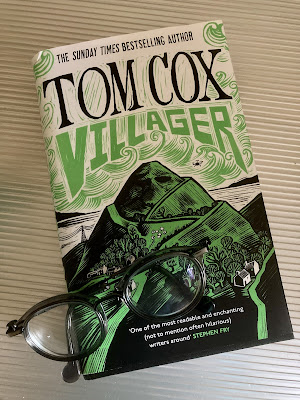Having read Emily Freud‘s first novel My Best Friend’s Secret I knew she has a penchant for a killer twist so I started this new book confidently believing I knew what to expect. And as I smugly read through part one I was congratulating myself on having sussed out exactly what was going on. Then I started part two. Ha ha! My complacency was seriously challenged and the self satisfied grin drained from my face. 🤣
The tension in this story is relentless from the opening paragraphs to almost the last full stop. An incredible sense of claustrophobia was created and the house in the woods somehow put me in mind of a TV drama, Close to Me. A palpable sense of unease is created in this climate of fear and control, consummate gaslighting, on the part of the main male character, is chilling.
The success, for the reader, of a story like this is the unfolding of the plot and its twists. So I don’t want to risk giving anything away. I did figure out what was happening to a degree but there was always a sense of doubt. The final denouement from the police in the penultimate chapter fills in all the finer points and details which reveal the full extent of the control.
The paradox of trying to create a normal family life when it’s anything but contribute to the intrigue and menace that the reader feels. I frequently felt very unsettled and off balance as I read.
As you progress through the novel the two timelines become a little blurry and I found myself flicking back through the pages to double check to see if what I had read was…. what I had read!
The first two thirds of the book seem slow burning and controlled then everything starts to speed up in the final third further contributing to the off kilter feel. It seems to mirror the frenzy the reader finds themselves in as they feverishly turn the pages to find out just really what is going on.
The characters provoke a range of emotion. The children are absolutely adorable. They all had my heart from the off. The male characters, apart from George, are unpleasant. And there were times when I wanted to smack Lauren and Eliza and yell at them to take some kind of positive action! But I guess if they had we wouldn’t have had this story! 😉
It’s a thoroughly entertaining read but it’s rarely a feel good read. At times it was quite harrowing and upsetting. So the need for a positive resolution became imperative for me. Is there one? Oh no! You’re not gonna get me to divulge a thing. You need to read the book. 😉
My thanks to Joe Christie at Quercus Books for a proof and a place on the blog tour. And my thanks to Emily Freud for coming up with another killer twist!









